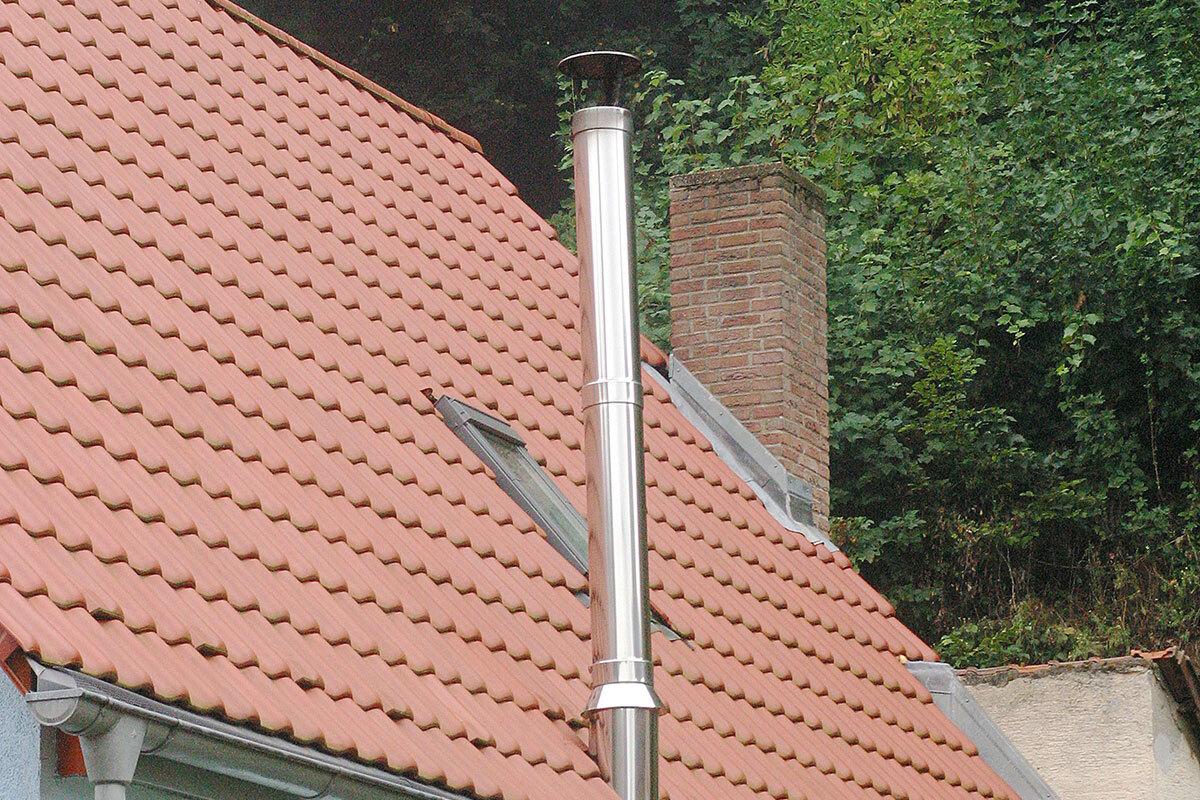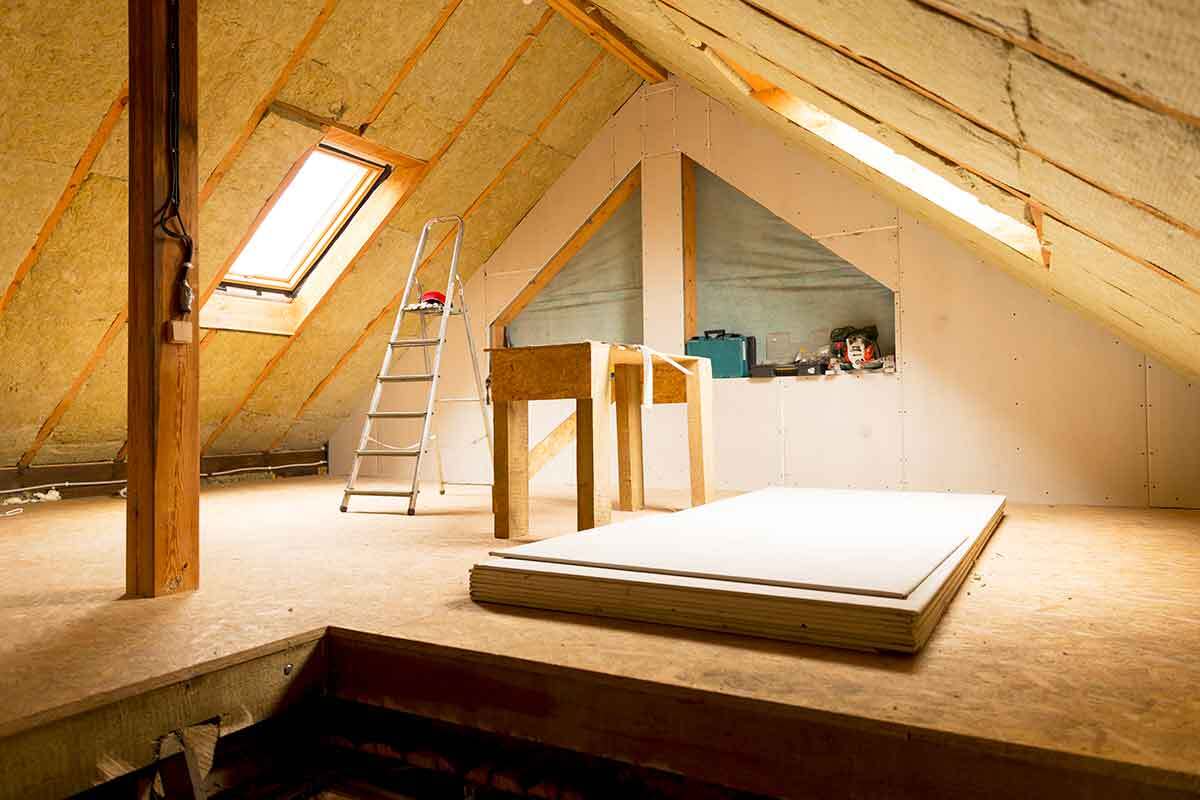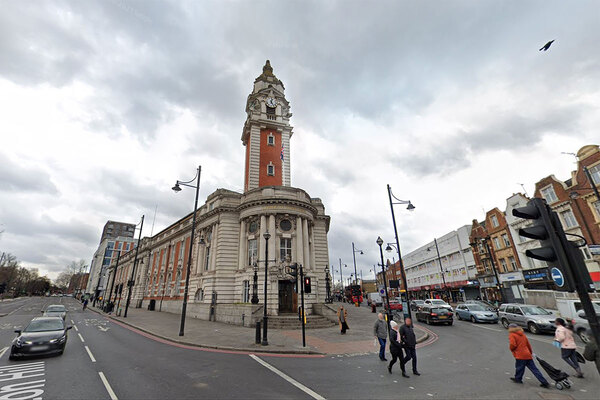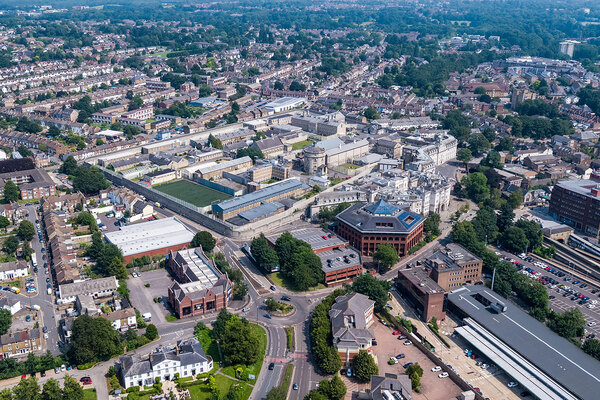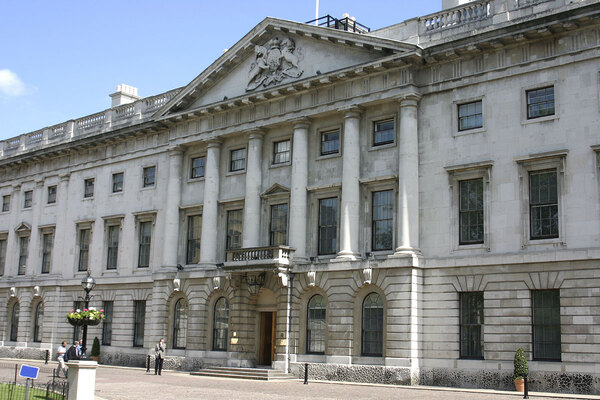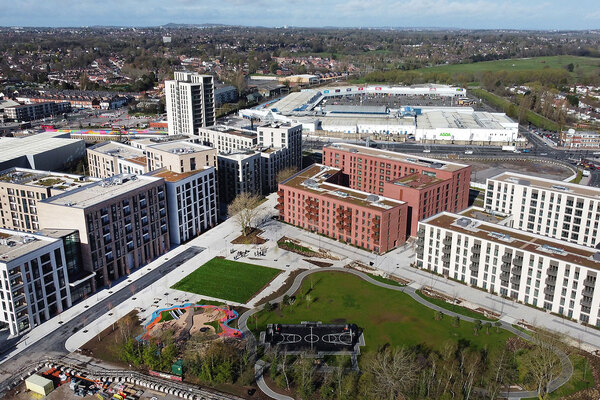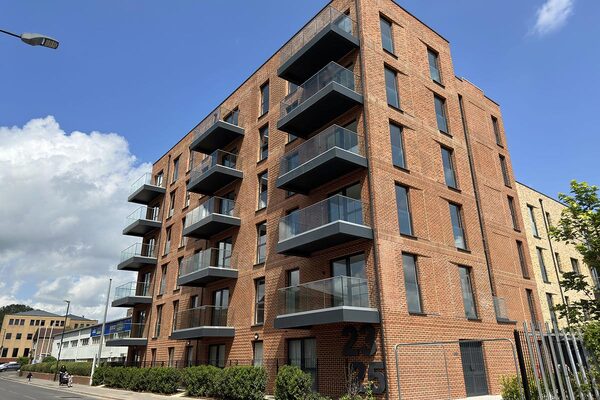More than two million badly insulated homes in deprived areas ‘financially unviable’ to retrofit
There are 2.3 million households in badly insulated homes that are “financially unviable” to retrofit, according to a new report.
The Building Back Britain Commission (BBBC), which is behind the research, said the 2.3 million homes are in areas identified as ‘levelling-up priority areas’ – largely as a result of lower property values.
It has called on chancellor Rishi Sunak to commit £2.3bn every year for 10 years to raise energy-efficiency standards for poorer households.
It said the money would help reduce energy bills permanently, rather than offering temporary relief.
The research found that retrofit measures are “financially unviable” for homes worth less than £162,000.
The commission said that for homes under this value, the average retrofit bill to get them to have an energy performance certificate (EPC) rating of C is around £10,000.
Due to the cost of the work exceeding the potential house price gain, it said “landlords face a strong disincentive to make their homes warmer, exacerbating fuel poverty”.
The highest concentration of homes worth under £162,000 which need to be retrofitted is in the North of England: 70% of homes in Blackpool fall into this category, 69% in Burnley, and 67% in Hyndburn.
According to the report, more than a third of homes in levelling-up areas are below the house price threshold for retrofit, versus less than one in 10 in non-levelling-up areas.
The commission said almost £200 every year could be saved from moving a home from an EPC rating of D to C and that £440 every year could be saved by moving up from an EPC of F.
The BBBC is an independent group and includes housing provider Riverside, Legal & General, contractor Mace, house builder Barratt Developments, the National House Building Council and property developer Thakeham.
Commenting on the report, Terrie Alafat, chair of the BBBC and former president of the Chartered Institute of Housing, said the government must “get serious about tackling the cost of living crisis with radical action to improve the energy efficiency of millions of our homes”.
She added: “In the long term, taking decisive action now to make our homes more energy efficient will enable the UK to make much-needed strides forwards on the path towards net zero.
“In the short term, it will also mean lower fuel bills for millions of people who are suffering as a result of the energy crisis and urgently need help with the cost of living.”
A Department for Business, Energy and Industrial Strategy (BEIS) spokesperson said: “Thanks to government support, the number of homes with an energy efficiency rating of C or above is at 46% and rising, up from just 13% in 2010.
“We have promised to extend the energy company obligation from 2022 to 2026, boosting its value to £1bn a year. This will help hundreds of thousands of families with energy-saving measures such as insulation, with average energy bill savings of around £300 a year.”
Sign up for our daily newsletter
Already have an account? Click here to manage your newsletters
Housing 2022, the Chartered Institute of Housing’s annual conference, returns on 28-30 June at Manchester Central
With over 150 hours of CPD accredited content and 450 speakers, take the opportunity to have the full delegate experience and bring your teams to Housing this year.
Housing has something for everyone. Find out more and book now by clicking here.
